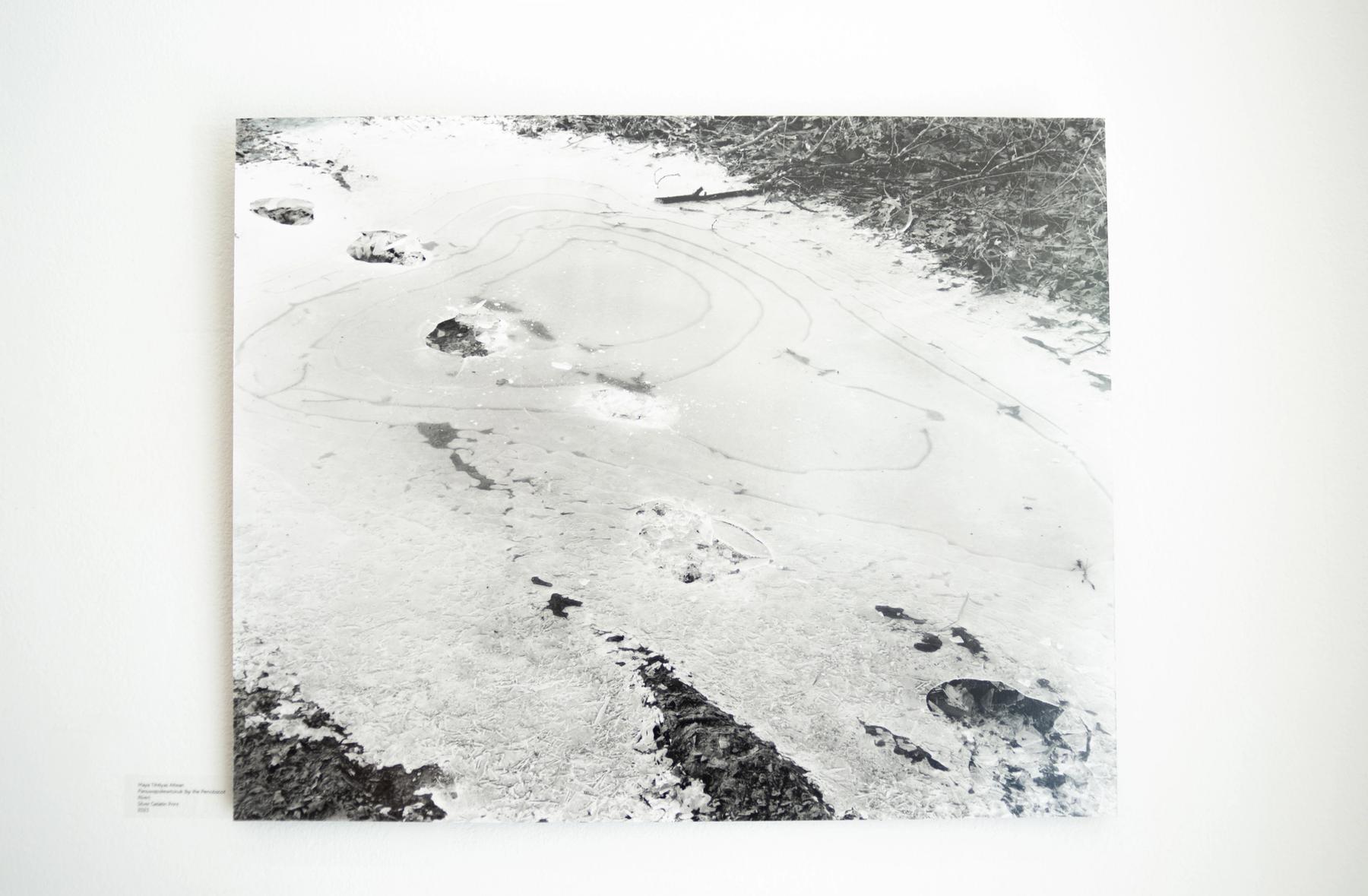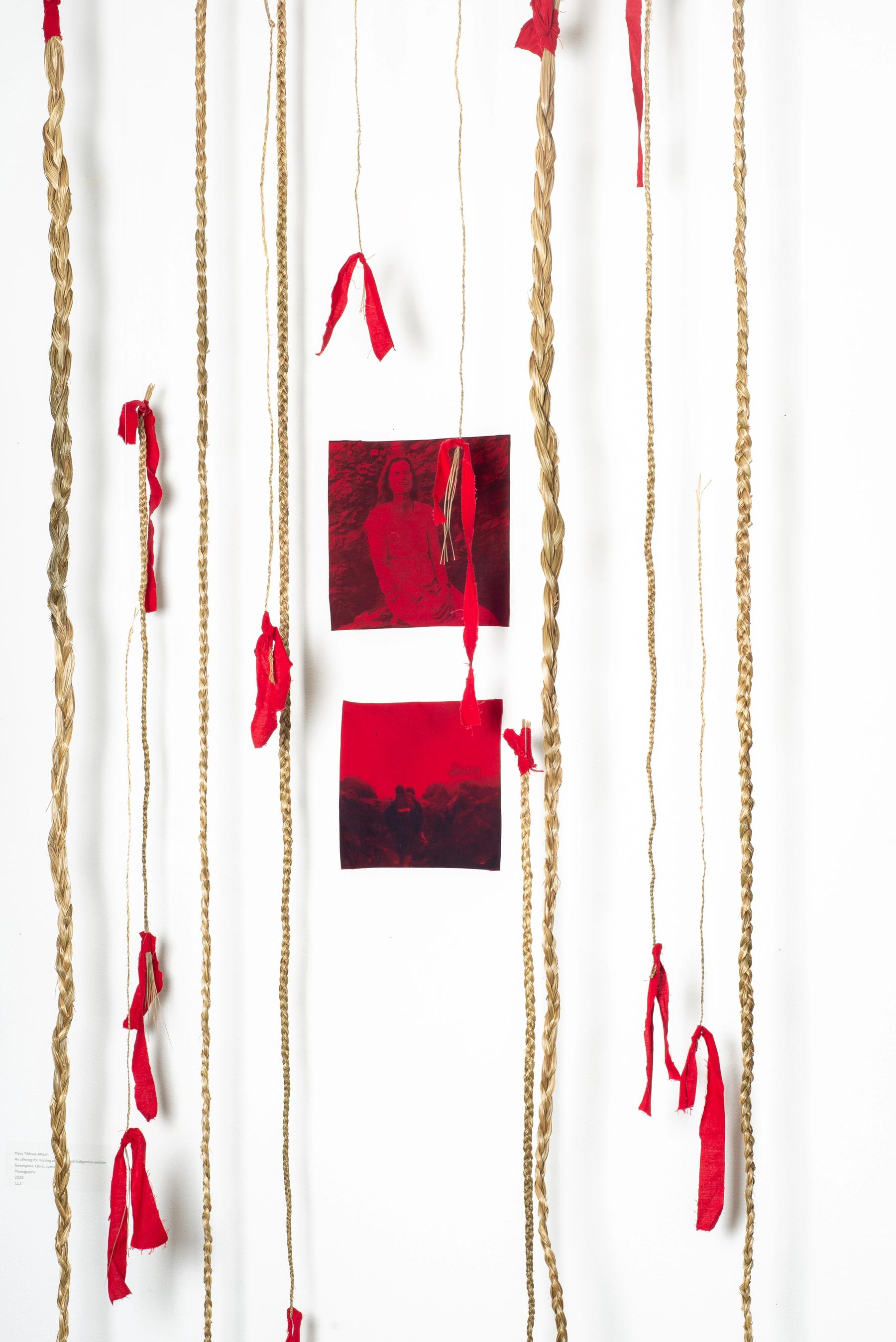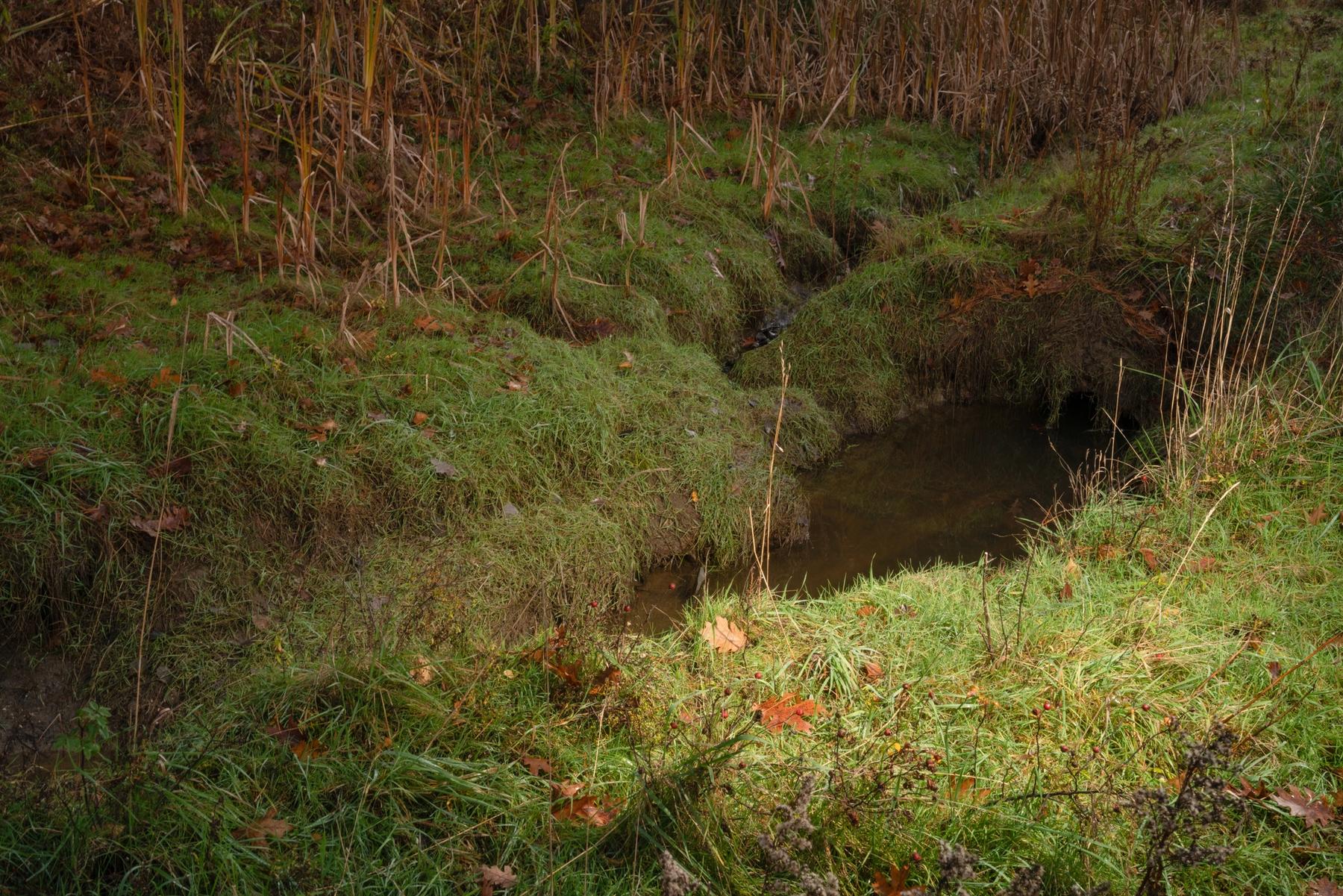Areas of Study
Bachelor of Fine Arts in Photography
Photography Program Description
By majoring in photography, you gain skills to develop, edit, and sequence an exhibition-quality, self-directed body of work that articulates ideas within both historical and contemporary contexts.
Each semester, students participate in courses balanced between traditional and contemporary processes. For example, Spring semester students may have dedicated time in the digital lab working on large-scale digital prints while simultaneously learning, hands on, the historical evolution of the medium with a course designed to use historical processes of Wet-Plate, Kallitypes, Platinum & Palladium, and full color Gum Bichromate printing, etc. This intentional juxtaposition in coursework helps broaden your understanding of the art form while empowering you with the highest level of contemporary technique.
You will not need to own a camera while majoring in photography. During your study, you can check out an assortment of full frame, mirrorless, medium format, and all film formats: 35mm, 120mm, and large format film cameras. Our digital output lab includes a range of wide-format Epson printers, 27” calibrated monitors, 18 Mac studio computers, and flatbed and tray-fed film scanners. Our two well-ventilated darkrooms with a total of 28 enlarger stations allow students to explore any variation of black-and-white film process or camera format known. The department’s lighting studio will allow you to safely hone your skills with all of our different lighting systems and light modifiers.
Life After Graduation
Part of what makes Maine College of Art & Design so special is our scale, which helps ensure every student has ample access to the tools, facilities, and teachers. Paths vary based on the interests of our students as they finish the program. Some become exhibiting artists and join the gallery/museum world, while others find work as commercial photographers, editors, or filmmakers. Others continue honing their art in graduate school. Internships and paid photography opportunities are available even before graduation through Artists at Work.
Gallery









Program & Outcomes
Faculty
Sample Courses
- PH 101 Introduction to Photography
- PH 203 Artists Books
- PH 222 Color Photography
- PH 310 Alternative Processes
- PH 325 Directorial Photo & the Sculptural Image
- PH 345 Commercial Photography
Workspace & Tools
Two traditional darkrooms (one for beginners and one for advanced users), 28 enlargers for printing from film (including enlargers for 35mm, medium, and large-format negatives), equipment for creating gelatin silver mural prints, and an individual film processing room for large-format film and color film.
Lighting Studio with a comprehensive array of strobe and continuous lighting and an extensive collection of grip and gaffer equipment.
A complete complement of print finishing equipment. 40”x60” vacuum dryount table, a wall mounted professional level mat cutting system.
Photography majors have their own private space during their third and fourth years with 24/7 studio access.
Learning Outcomes
Students will:
- Understand how formal decisions and processes inform content.
- Employ techniques to use the camera as an artistic tool.
- Understand procedures for all mixed chemistry with safe and proper handling procedures to EPA standards.
- Demonstrate awareness of all camera formats.
- Demonstrate a competency of analog processes.
- Develop their own photographic vision and vocabulary.
- Demonstrate professional practices within the field of photography.
- Employ knowledge about the history of photography, contemporary theories, and practice in their work.
- Speak critically about the photography work of others from both historical and contemporary perspectives.
Course of Study
Foundation Year
Fall
- FN 101 Digital Imaging
- FN 109 3D: Materiality
- FN 113 Two-Dimensional Design
- Studio Elective
- EN 100 English Composition
- SEM 100 First Year Seminar
Spring
- DR 100 Introduction to Drawing
- FN 110 4D: Space & Temporality
- FN 108 Research & Inquiry – Studio
- SEM 108 Research & Inquiry – Academic
- AH 101 Art History Survey I
Sophomore
Fall
- PH 101 Introduction to Photography
- Approved Studio Elective
- Studio Elective (Student Choice)
- AH 102 Art History Survey II
- Academic Elective
Spring
- PH 222 Color Photography
- PH 351 Introduction to the Discipline –History/Context
- Studio Elective (Student Choice)
- AH 250 Critical Approaches to Contemporary Art
- Academic Elective
Junior
Fall
- PH 321 Photography Majors Studio I
- SEM 353 Junior Seminar – Fine Art Topics & Practice
- Approved Studio Elective
- Art History Elective
- Academic Elective
Spring
- PH 322 Photography Majors Studio II
- Approved Studio Elective
- Studio Elective (Student Choice)
- Art History Elective
- Academic Elective
Senior
Fall
- PH 421 Photography Majors Studio III
- SEM 451 Professional Studio – Fine Arts
- Approved Studio Elective
- 2 Academic Electives
Spring
- PH 422 Photography Majors Studio IV
- SEM 452 Senior Synthesis
- Approved Studio Elective
- 2 Academic Electives
Course Catalog Listing
Photography Program FAQ
How do you get started in photography?
Getting started in photography begins with learning the basics, such as camera settings, composition, and lighting. Enrolling in a photography program with Maine College of Art & Design can help you gain foundational skills and professional guidance. Practicing regularly, experimenting with styles, and building a portfolio are essential steps to improve and showcase your work. Enrolling in a photography degree program provides structured learning and access to industry-standard equipment.
What are five examples of careers in photography?
There are many career paths in photography, but five popular ones include portrait photography, commercial photography, photojournalism, fashion photography, and fine art photography. At Maine College of Art & Design, you can explore these career options while honing your craft through hands-on projects and mentorship. A degree in photography prepares you to pursue your chosen path with confidence and creativity.
What qualifications do I need to be a photographer?
To become a photographer, you'll need a combination of technical skills, creativity, and business knowledge. Earning a degree in photography from a reputable program gives you a competitive edge and ensures you have a strong foundation. Building a portfolio and gaining practical experience are also crucial for success in the field.
How many years does it take to become a photographer?
The time it takes to become a photographer depends on your career goals and educational path. A degree in photography typically takes four years to complete at a college like Maine College of Art & Design. Beyond formal education, gaining experience and building a portfolio can take additional time, but these steps are vital for establishing yourself in the industry.
Apply for Our BFA and Major in Photography
Transform your passion for photography into a rewarding career by majoring in photography at Maine College of Art & Design.
Since 1882, we've empowered artists through hands-on learning, creative entrepreneurship, and real-world collaboration, all within a supportive and dynamic studio environment.
Your journey to artistic excellence begins at Maine College of Art & Design. Apply today to shape the future of visual storytelling.









